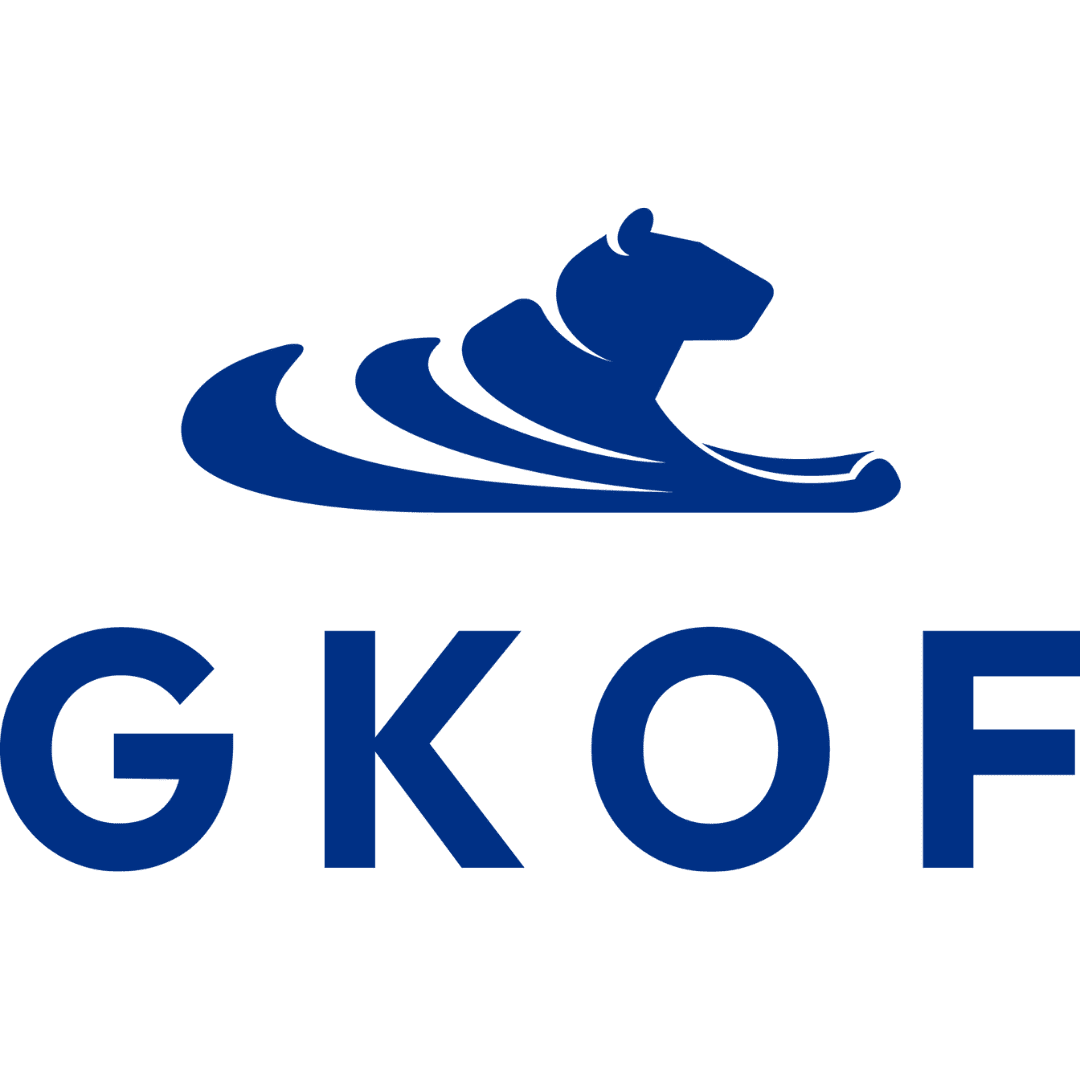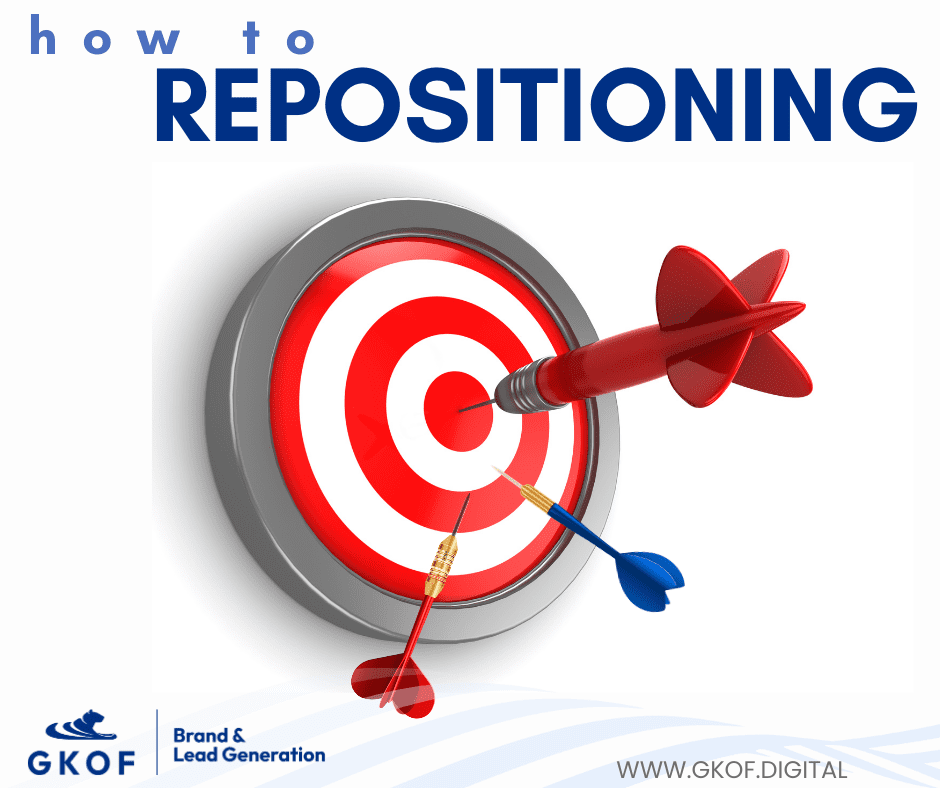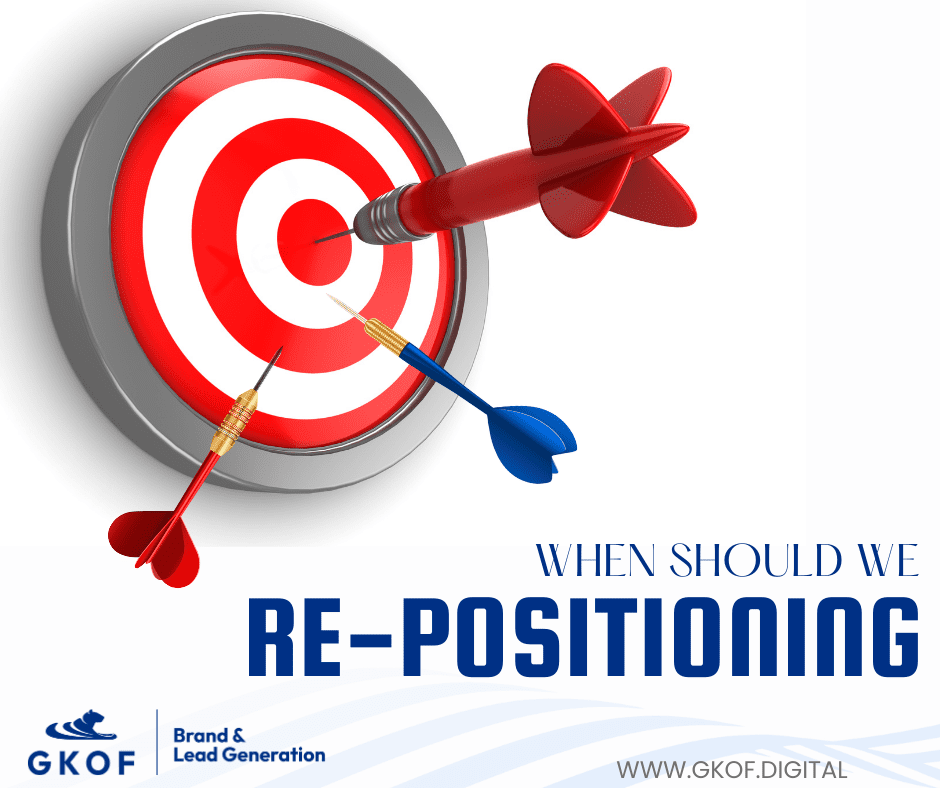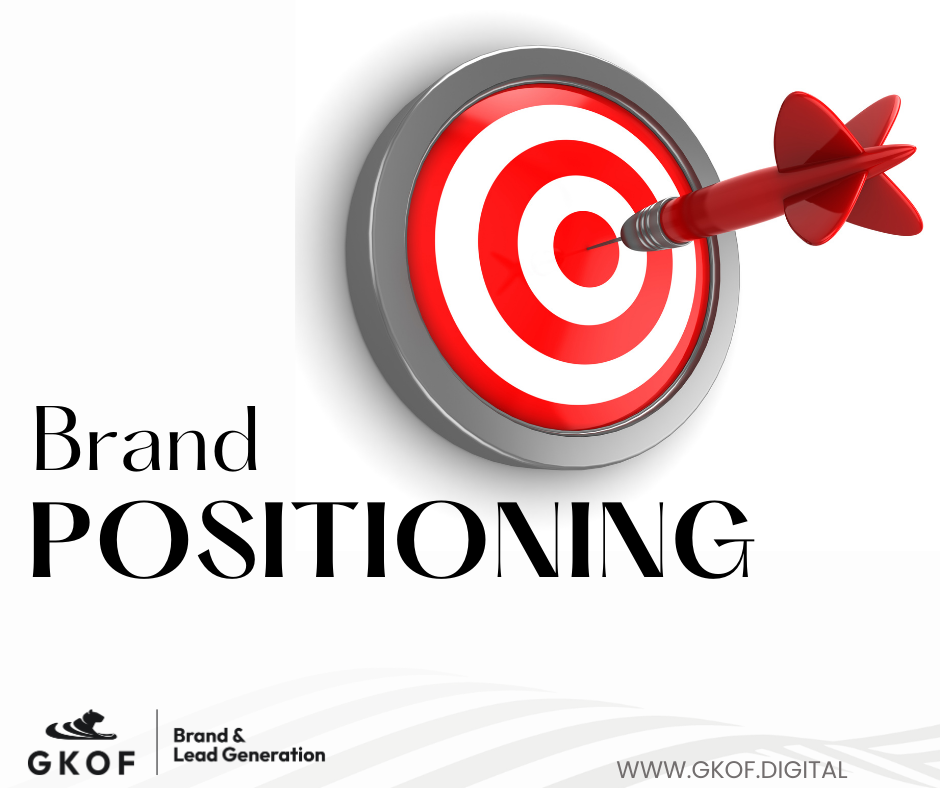What defines a strong brand?
Depends on viewpoint: To customers, a strong brand is well-known, easy to recognize and name, clear identity, consistent messaging, authentic values, and positive associations with consumers. To owner, a strong brand generates physical values such as reputation, revenue, profit, market share and a goo foundation for long-term growth.
What are the key factors of a strong brand?
A strong brand is built upon several key factors that collectively contribute to its success in the marketplace. These factors include:
- Brand identity: A strong brand has a clear and distinctive identity that sets it apart from competitors. This includes elements such as the brand name, logo, color palette, typography, and visual imagery, all of which work together to create a cohesive and memorable brand image.
- Brand consistency: Consistency is key to building a strong brand. A brand must maintain consistency across all touchpoints and interactions with consumers, including its messaging, visual identity, product quality, customer service, and marketing efforts
- Brand positioning: Brand positioning refers to how a brand is perceived relative to competitors in the minds of consumers. A strong brand effectively communicates its unique value proposition and differentiates itself from competitors in a way that resonates with its target audience.
- Brand Authenticity: Authenticity is increasingly important in today’s marketplace. A strong brand is authentic and genuine, reflecting its values, purpose, and personality in a way that resonates with consumers and builds trust and credibility.
- Brand Awareness: A strong brand has high levels of brand awareness, meaning that it is easily recognized and remembered by consumers. This includes both aided and unaided awareness, with consumers being able to recall the brand when prompted and recognize it without prompting.
- Brand Loyalty: Brand loyalty refers to the degree to which consumers are loyal to a particular brand and prefer it over competitors. A strong brand cultivates loyalty by delivering consistent value, quality, and experiences that meet or exceed customer expectations
- Brand Associations: Strong brands are associated with positive attributes, emotions, and experiences in the minds of consumers. These associations can be formed through marketing efforts, customer experiences, word-of-mouth, and other interactions with the brand
- Brand Equity: Brand equity refers to the intangible value of a brand, including its reputation, goodwill, and perceived value. A strong brand has high brand equity, which translates into tangible business benefits such as increased customer loyalty, pricing power, and market share.
- Brand Extension: Strong brands have the ability to extend into new products, services, and markets with relative ease. This is because they have built a strong foundation of trust, credibility, and recognition that can be leveraged to support new ventures and initiatives
How to build a strong brand?
Basically, building a strong brand will include building the above factors. However, depending on the situation, strategy and wishes of the business, the elements will be built at the appropriate time with appropriate resources.
Contact us via the GKOF website to get a free 60 mins consultation with GKOF Branding experts as well as have further discussion on how to build a strong brand in the mid &long-term









